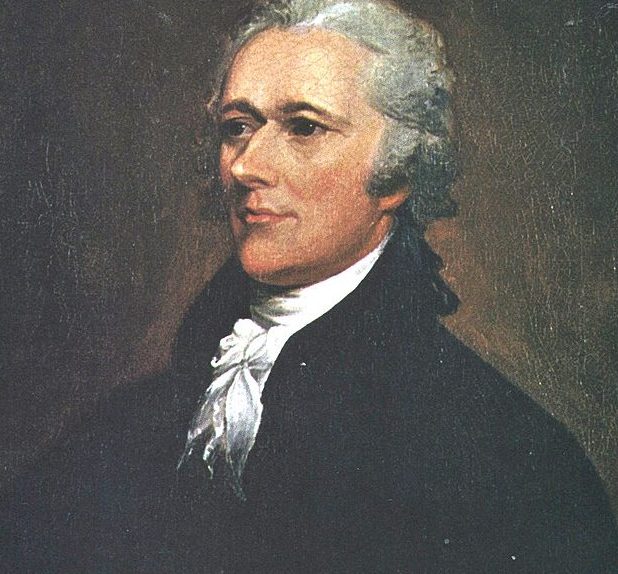‘Alexander Hamilton’ by Ron Chernow: a lyrical look at an American Founding Father
Alexander Hamilton remains a towering figure in American history. Supposedly endowed with superhuman intellect, courage, and stamina, he left behind a staggering number of written works, fighting as valiantly with a quill as with a musket for the causes he believed in and (largely) single-handedly building the apparatus of American government. He accomplished all of this before reaching the age of 50. It is easy to forget just how improbable his life story truly was. Alone among the Founding Fathers, he rose from abject poverty to the apex of American political power. He was that rarest of creatures: both a thinker and a practitioner – at once a farsighted visionary like Jefferson, a theorist like Madison, and a capable military commander like Washington. Yet, he was blighted by unresolved character flaws that led to a titanic fall that was as swift as his stratospheric rise – an Icarus if ever there was one. Undoubtedly, Hamilton’s life presents an irresistible biographical challenge, offering dramatic accomplishments backlit by an engrossing and tumultuous personal life, all at a most fascinating and important period of history. The man’s nature was rife with paradox, being equal parts tender-hearted poet and battle-hardened soldier, among other contradictions.
Chronicling his life is thus no small feat, but Ron Chernow is undoubtedly up to the challenge. One finds it easy to see how the books was translated into such beautiful songs, given the lapidary elegance and lyrical rhythm of Ron Chernow’s prose, supported by painstakingly thorough research. We are swept into scenes that give credence to the idea of truth being stranger than fiction and feel alongside Hamilton the joys and pains of his tumultuous years at the top. Of particular note are the wonderful introductions to major characters – many otherwise glossed over or absent from the eponymous musical – such as Governor George Clinton, who embodied the perils of overwhelming state power for Hamilton.
In Chernow’s wonderful phrase, Hamilton aimed to be a noble statesman rather than a mere politician, always more concerned with policy than politics
All history is history of the time it is written, as the saying goes, and this book seems to be largely no exception. One must be careful about extolling Hamilton’s virtues as a prophet too highly. The industrial ascendancy of America was hardly guaranteed, as it seems to us today, and faced several serious and potentially fatal challenges along the way. Rural populism indeed seemed to win outright in the immediate term, as was seen by the assumption of the presidency by Thomas Jefferson and then several of his followers. Even today, it remains a powerful force in American politics. Also, more emphasis ought to have been put on the fact that if Hamilton stood apart from his founders, it was largely because he wanted to do so, perhaps even needed to, testifying to the iconoclasm and raw combativeness that were his touchstones, the result of lasting wounds on his psyche inflicted by his troubled boyhood.
According to Chernow, Hamilton aimed to be a noble statesman rather than a mere politician, always more concerned with policy than politics. In many areas, particularly in securing the economic health of America, he succeeded in playing this role dramatically, and his place in the pantheon of US history is in no doubt. At the same time, he could be arrogant, vain, petty, breathtakingly stubborn, overly sensitive, and needlessly provocative.
The book is particularly strong at elucidating the importance of Aaron Burr, his most long-standing rival (and eventual killer). Burr was in many ways the only member of this remarkable generation who could contend to be Hamilton’s equal as both thinker and practitioner. Both were amazingly similar, yet also utterly different. The best way to understand the dichotomy between the two is to borrow a metaphor from one of Hamilton’s creations: the bull and the bear. Hamilton was the bull, obstreperous and headstrong. If you were in his way, you either avoided him or were run over. Burr was the bear, patient and cautious, yet utterly vicious when his prey was in reach.
Whatever you may think of Hamilton by the end of the book, this is undoubtedly a tour de force of the field of biography, focused on an incomparably interesting life whose actions still have consequences to this day. If anything, as spectacular as the musical is, anyone who does complete this biography can’t help but feel a pang of regret that it now seems to overshadow the book in the popular consciousness.
5/5

Comments